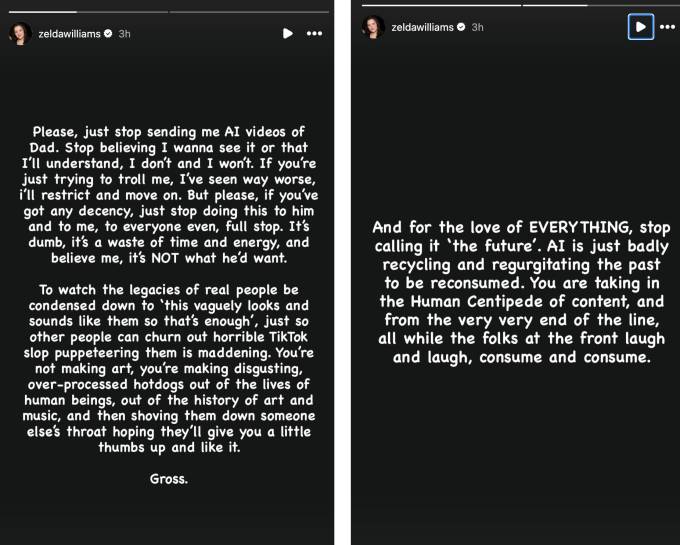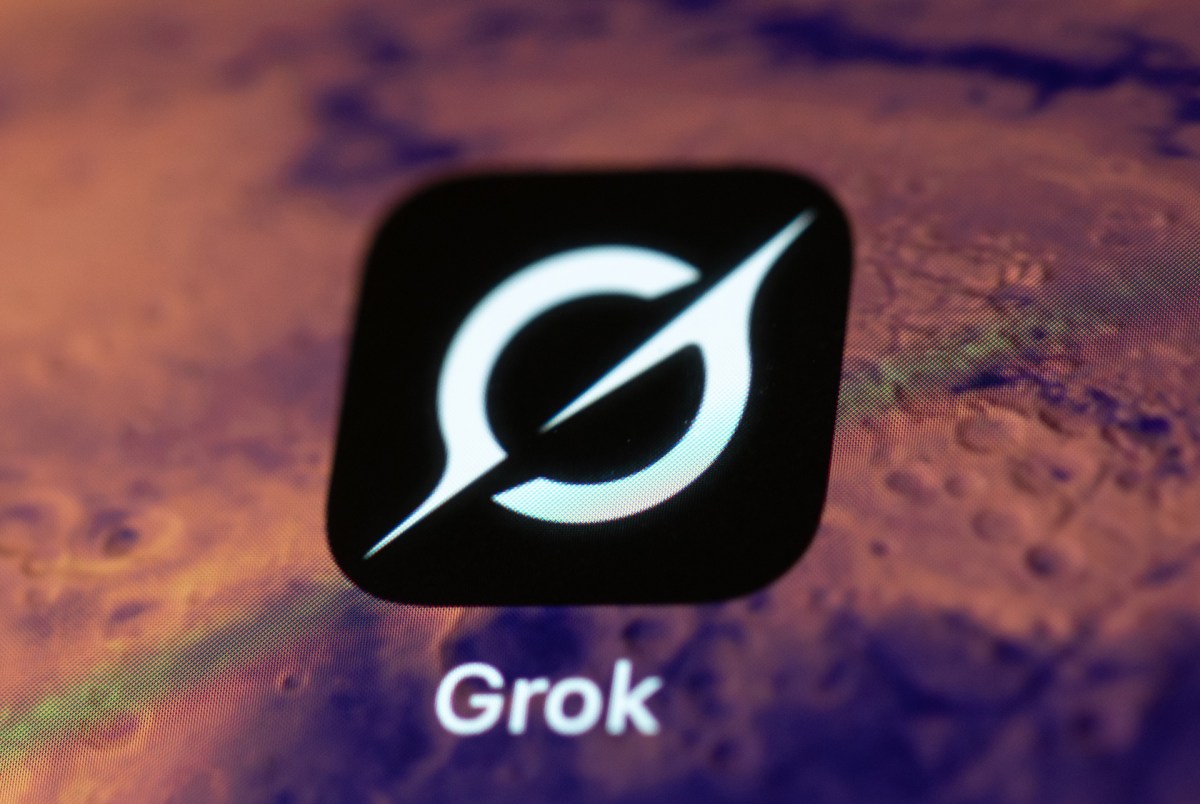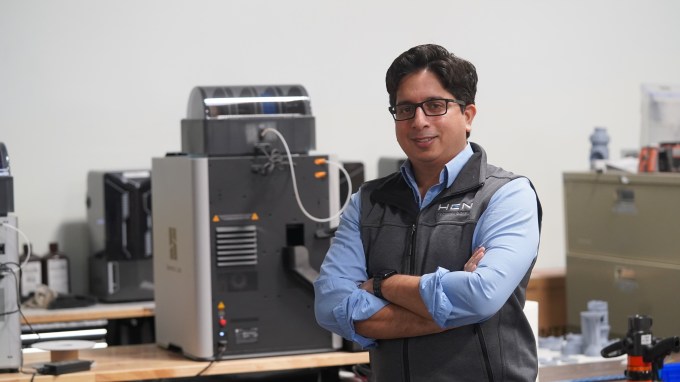Zelda Williams, daughter of the late Robin Williams, has shared a heartfelt message intended for her father’s fanbase.
“Please, can everyone just refrain from sending me AI-generated videos of Dad. Please understand I do not want to see it, nor will I ever. I don’t and I won’t,” she expressed in an Instagram story posted on Monday. “If you have any sense of decency, stop doing this to him, to me, to everyone, period. It’s idiotic, a waste of time and effort, and trust me, it’s NOT what he would have wanted.”
It’s likely no accident that Williams posted this message shortly after OpenAI’s Sora 2 video model and its accompanying social app, Sora, were released. These tools enable users to easily create highly convincing deepfakes of themselves, their acquaintances, and specific cartoon characters.
This also extends to deceased individuals, who are apparently considered fair game, as it is not against the law to defame the dead, according to the Student Press Law Center.

Sora does not allow you to create videos of living people — unless it’s you, or a friend who has given you permission to utilize their likeness (or “cameo,” as OpenAI terms it). Nevertheless, these restrictions do not extend to the deceased, who can generally be generated without obstacles. The app, still accessible only through invitations, has been inundated with videos of historical figures such as Martin Luther King, Jr., Franklin Delano Roosevelt, and Richard Nixon, along with late celebrities like Bob Ross, John Lennon, Alex Trebek, and indeed, Robin Williams.
The criteria OpenAI uses to determine the creation of videos of the deceased remains unclear. For instance, Sora 2 will not generate videos of former President Jimmy Carter, who passed away in 2024, or Michael Jackson, who died in 2009. However, it did produce videos featuring Robin Williams, who died in 2014, according to TechCrunch’s testing. Additionally, while OpenAI’s cameo feature enables individuals to define how they appear in videos created by others — a protective measure introduced in response to initial criticism of Sora — the deceased lack this option. I am confident Richard Nixon would be turning in his grave if he could witness the deepfake I made of him advocating for abolishing the police.

OpenAI did not provide a response to TechCrunch’s inquiry regarding the acceptability of creating deepfakes of deceased individuals. However, it’s plausible that creating deepfakes of deceased celebrities like Williams falls within the company’s tolerated practices; legal precedents suggest the company would likely not be held responsible for defaming the dead.
Techcrunch event
San Francisco
|
October 27-29, 2025
“To witness the legacies of actual individuals reduced to ‘it vaguely resembles and sounds like them, so it suffices,’ only for others to generate dreadful TikTok content puppeteering them is infuriating,” Williams stated.
Critics accuse OpenAI of adopting a reckless approach to these matters, evident in the rapid influx of AI clips featuring copyrighted characters like Peter Griffin and Pikachu on Sora upon its launch. CEO Sam Altman initially declared that Hollywood studios and agencies would need to explicitly opt out if they wished to prevent their intellectual property from being incorporated into Sora-generated videos. The Motion Picture Association has already urged OpenAI to address this matter, asserting in a statement that “well-established copyright law protects the rights of creators and is applicable in this context.” He has since announced the company will reverse its stance.
Sora is, arguably, the most hazardous deepfake-capable AI model available to the public thus far, given the realism of its outputs. While other platforms like xAI lag behind, they possess even fewer safeguards than Sora, enabling the generation of pornographic deepfakes of real individuals. As other companies catch up with OpenAI, we will establish a disturbing precedent if we treat real people — alive or deceased — as mere toys for our personal amusement.





